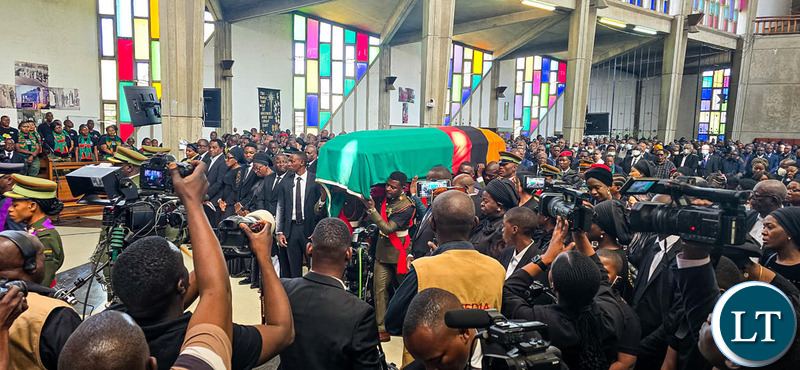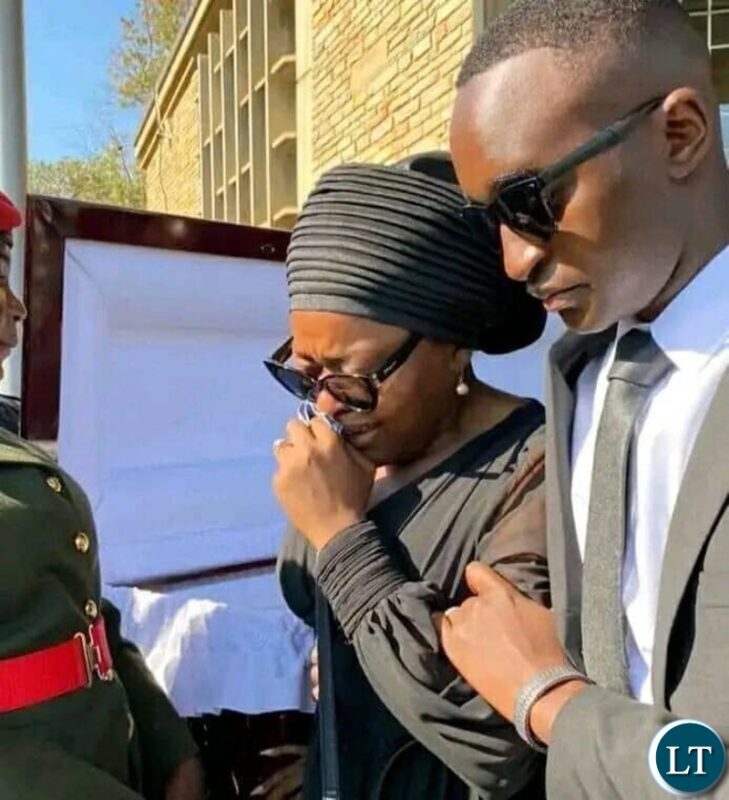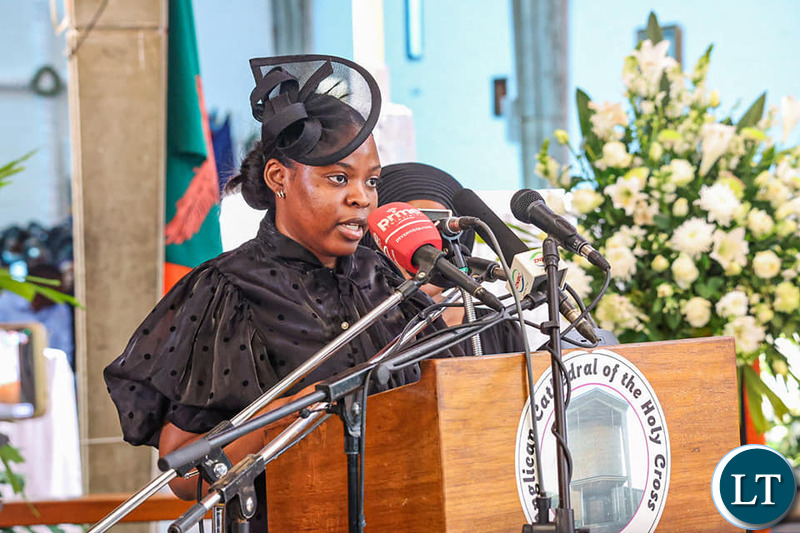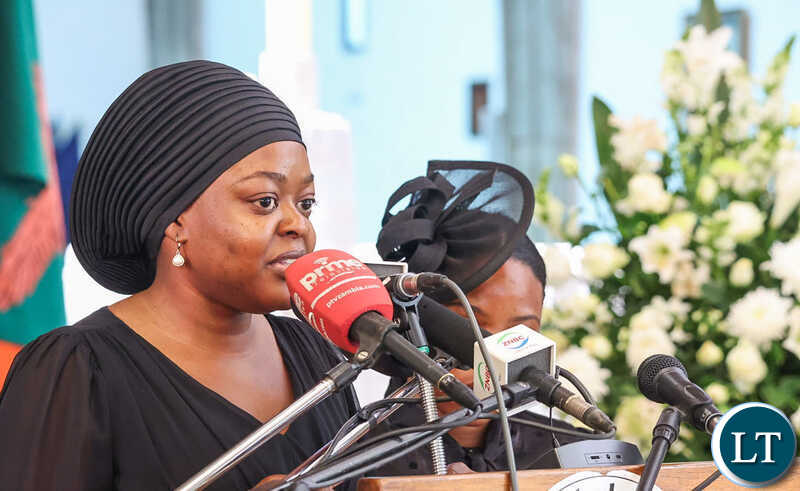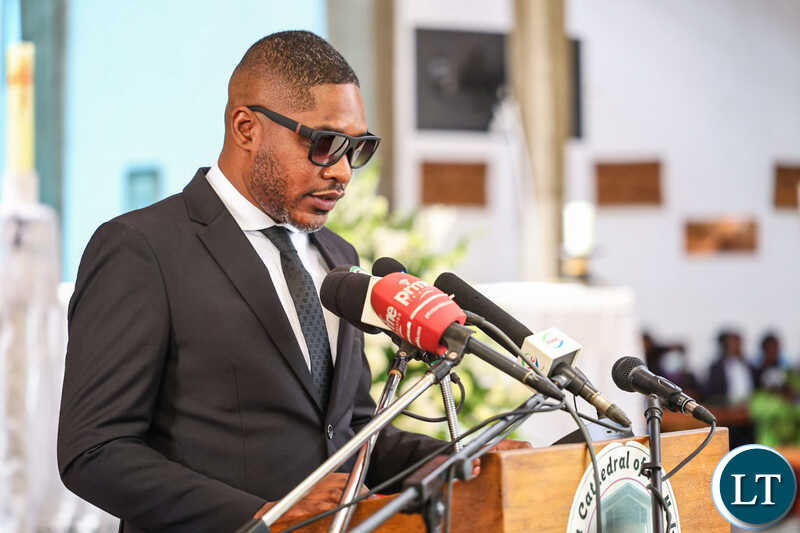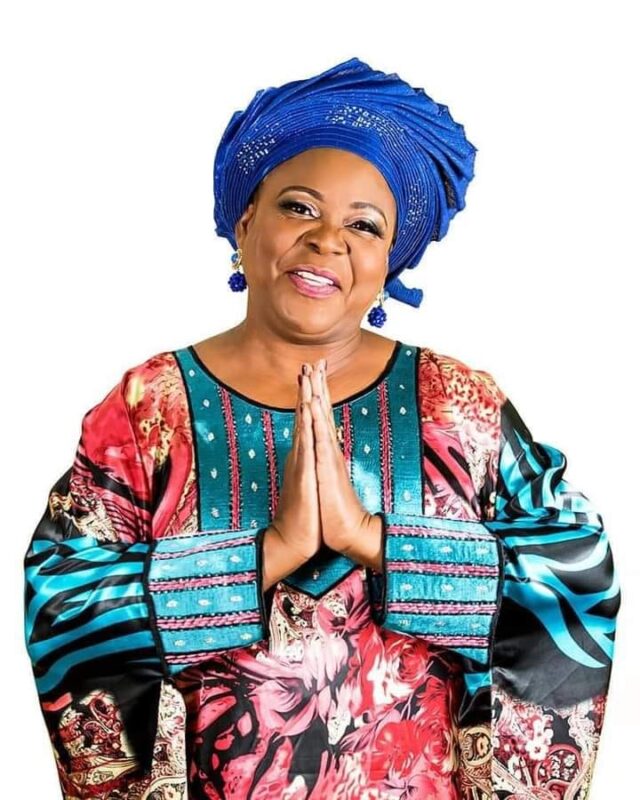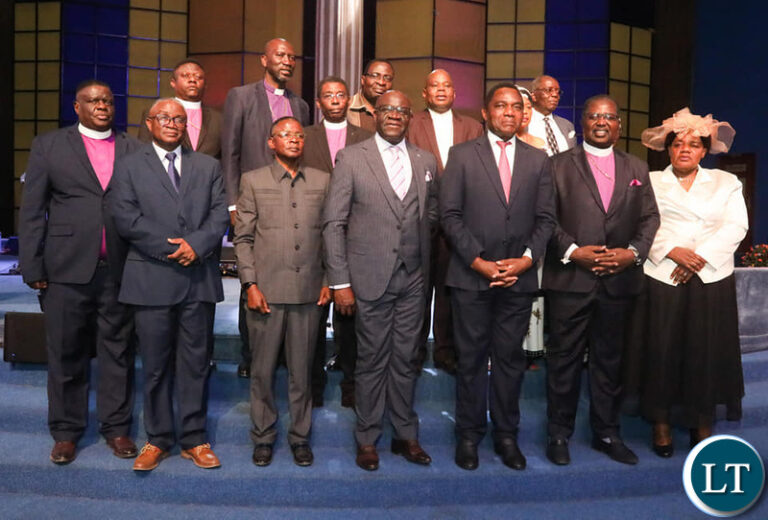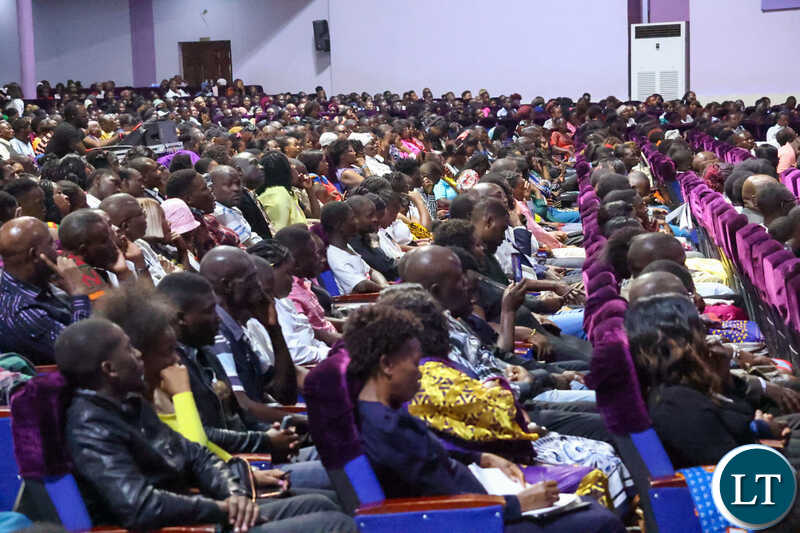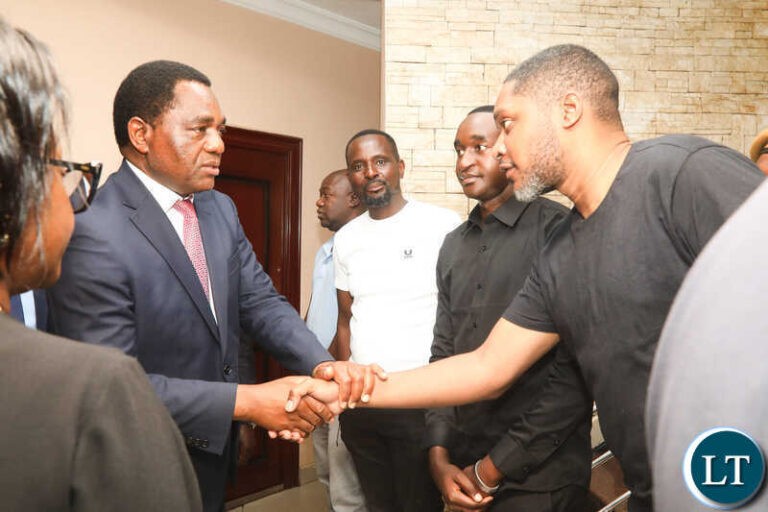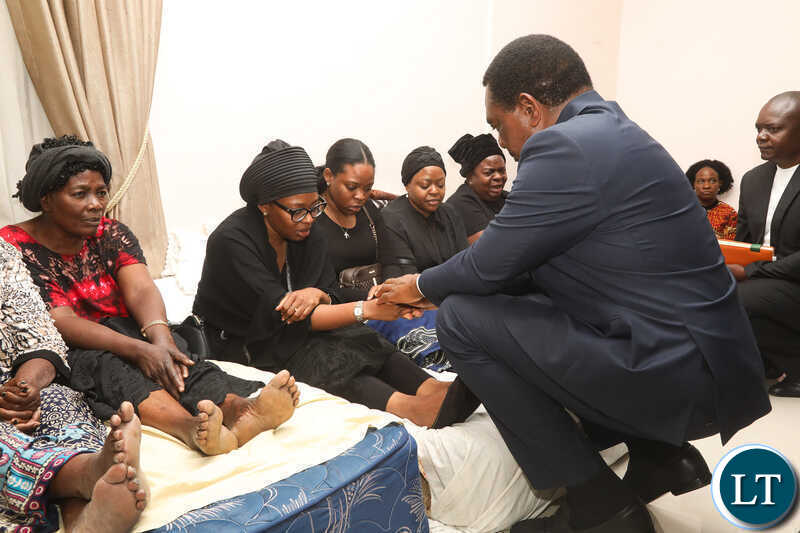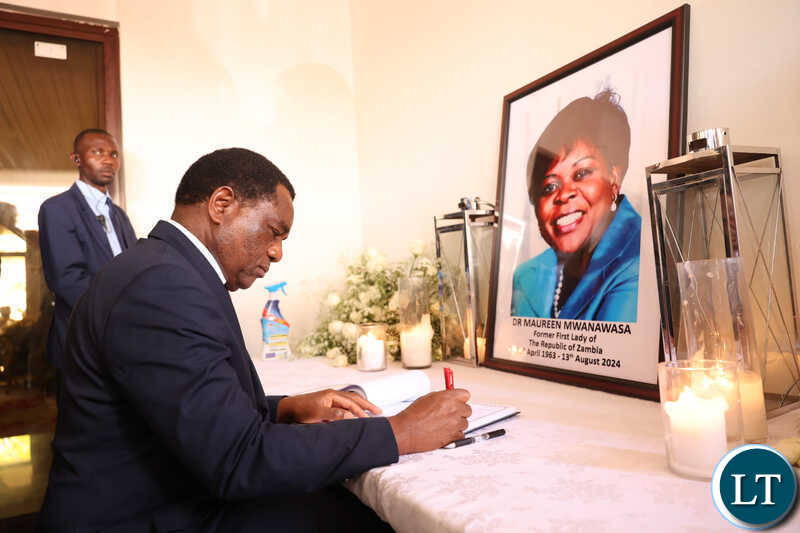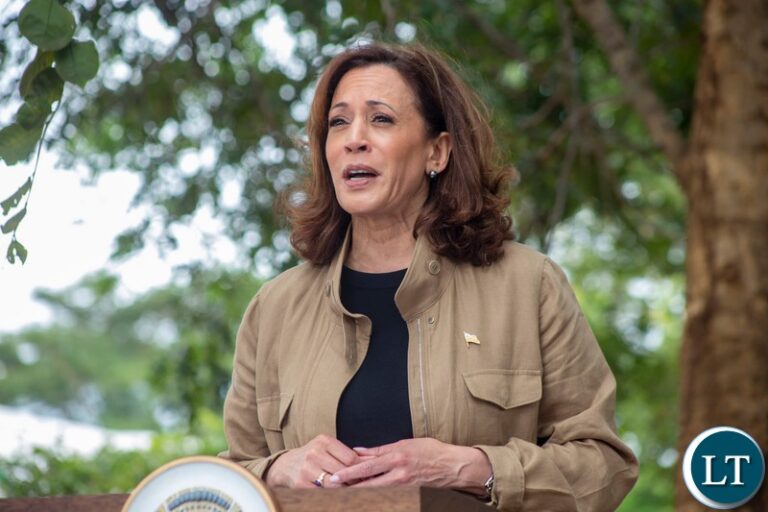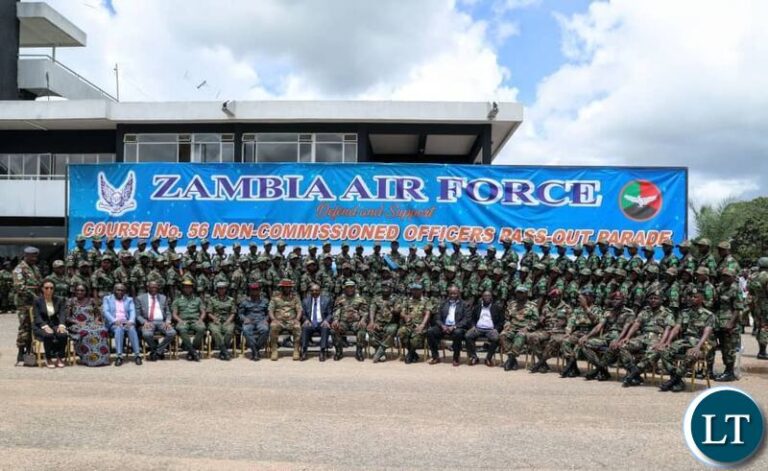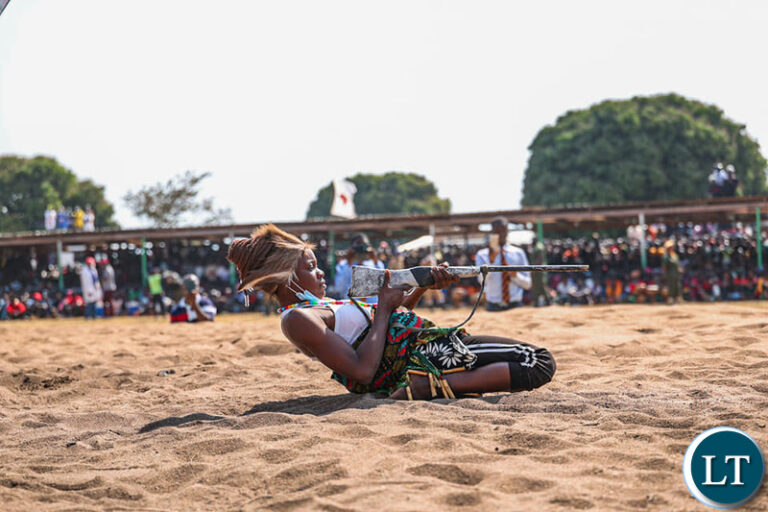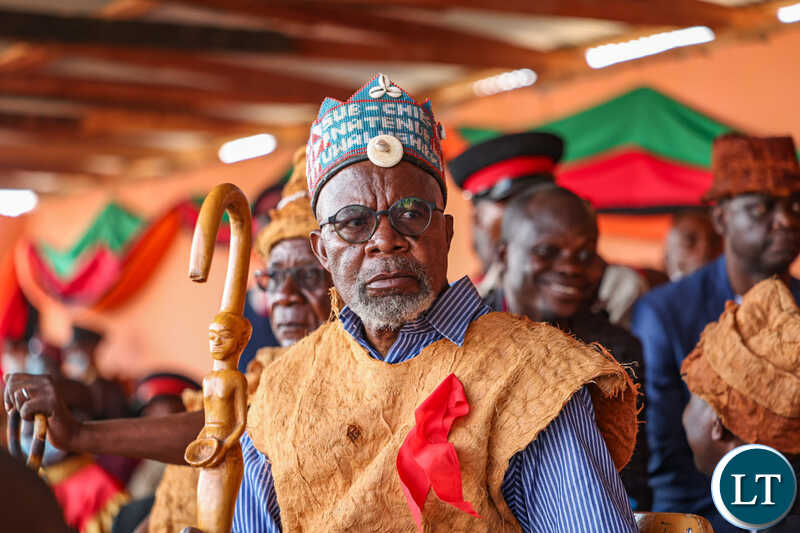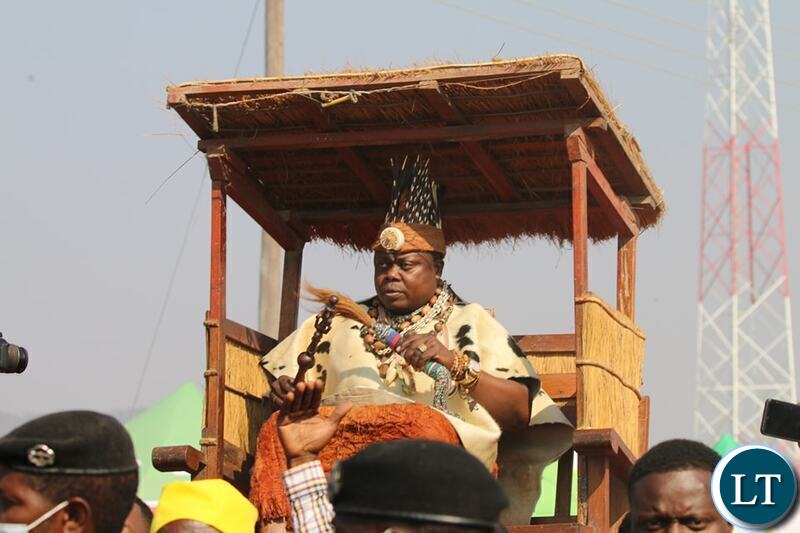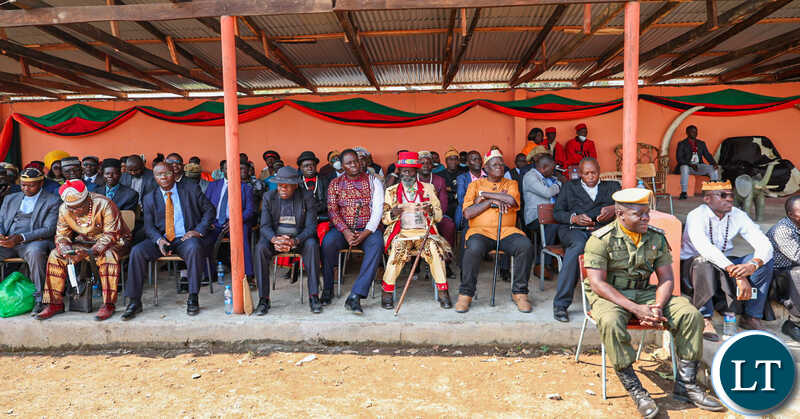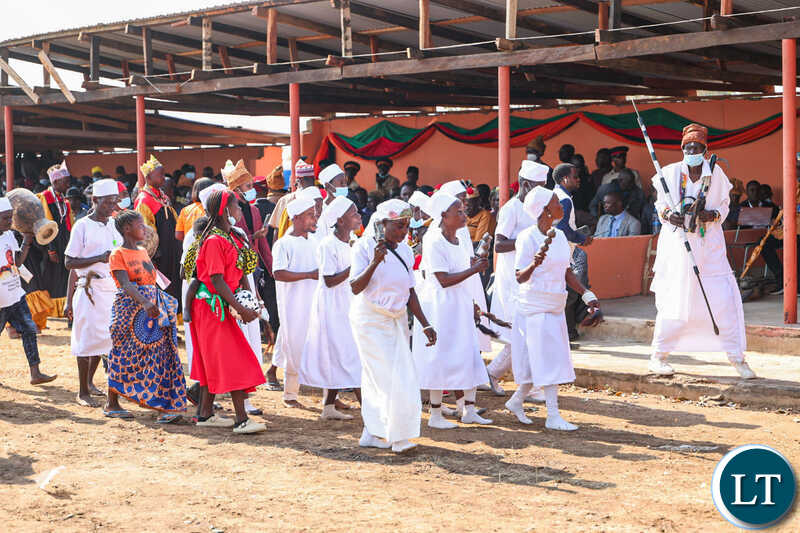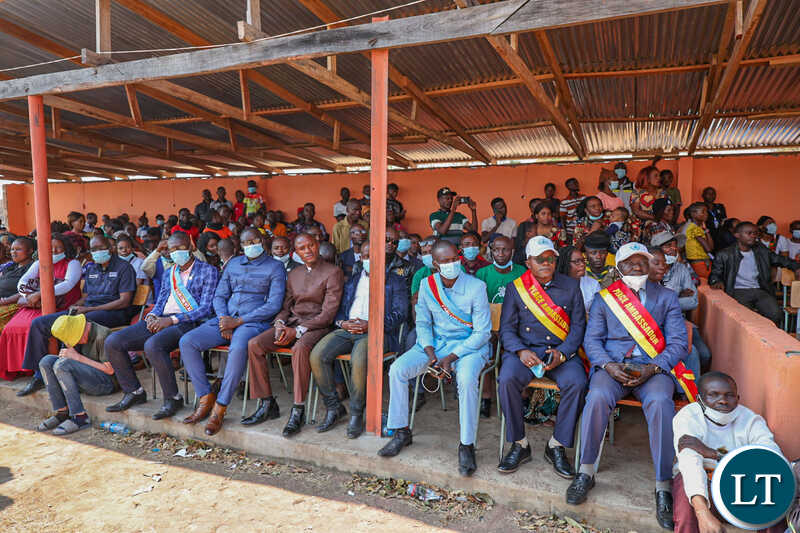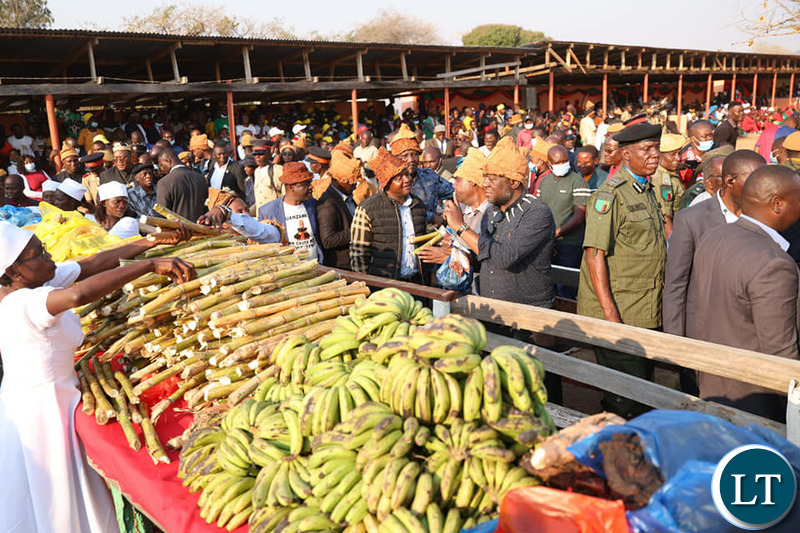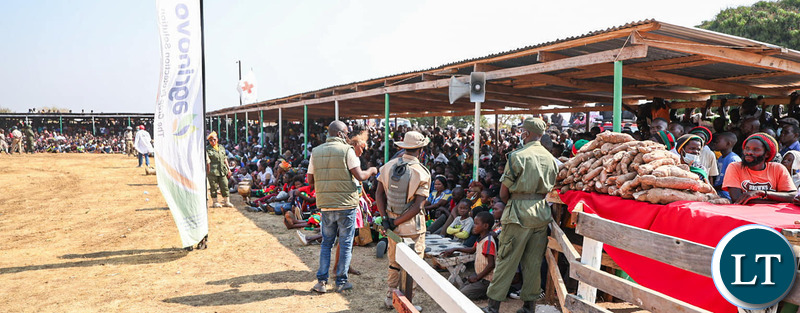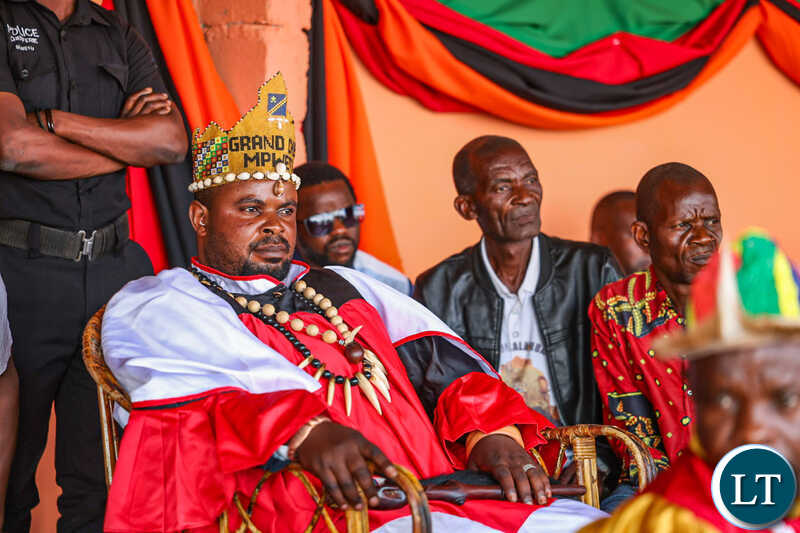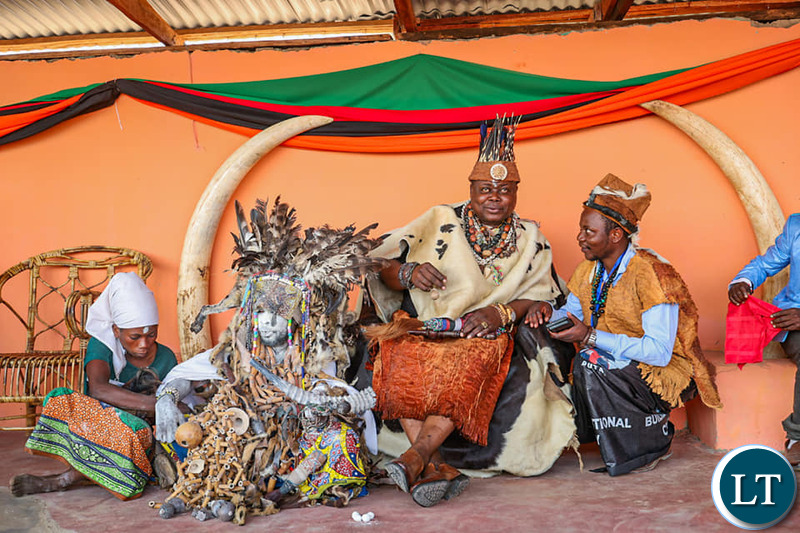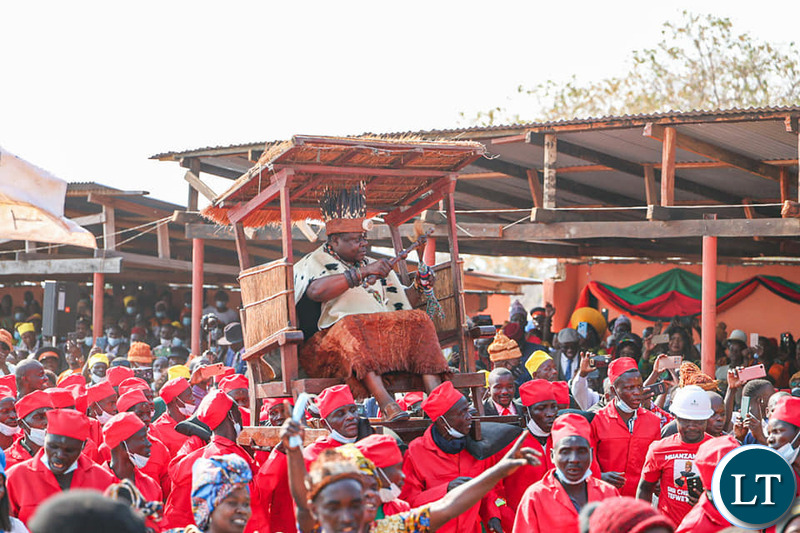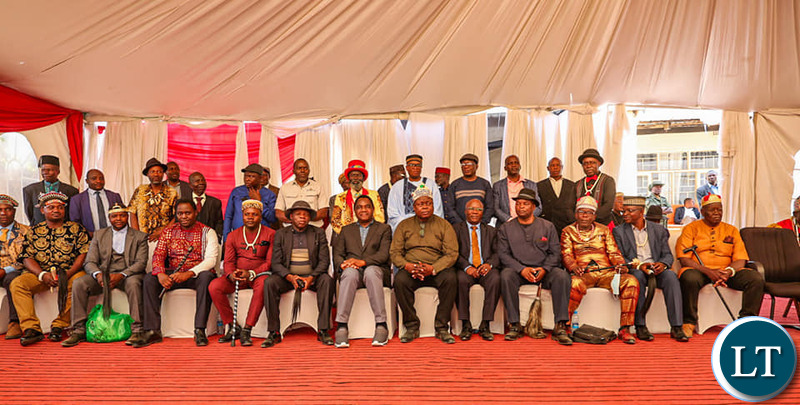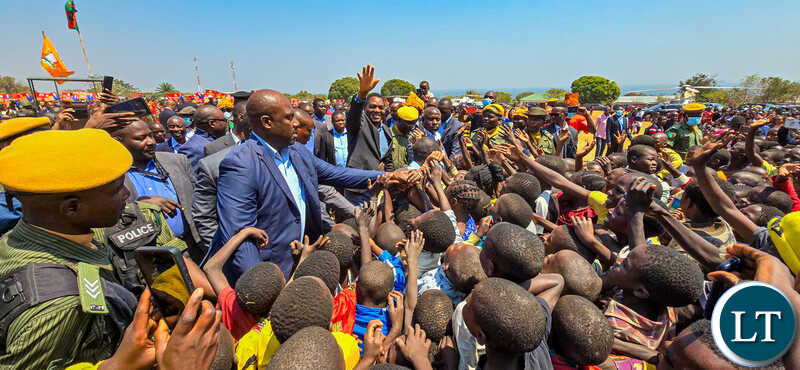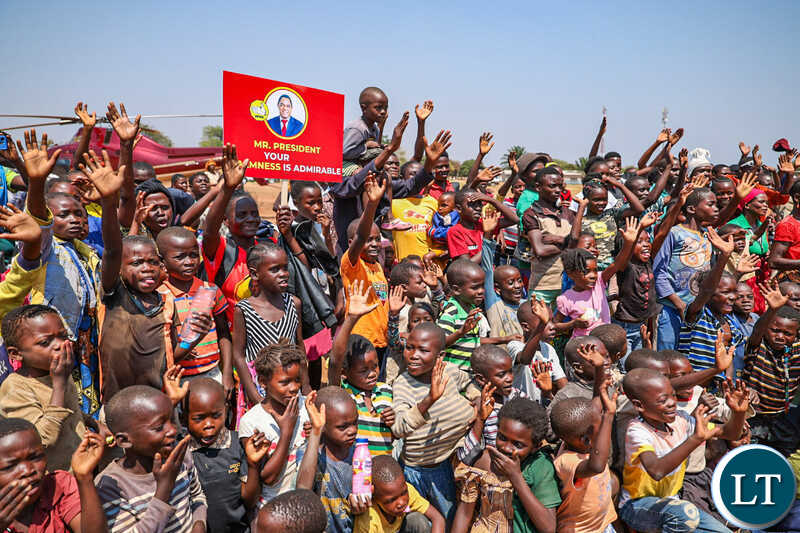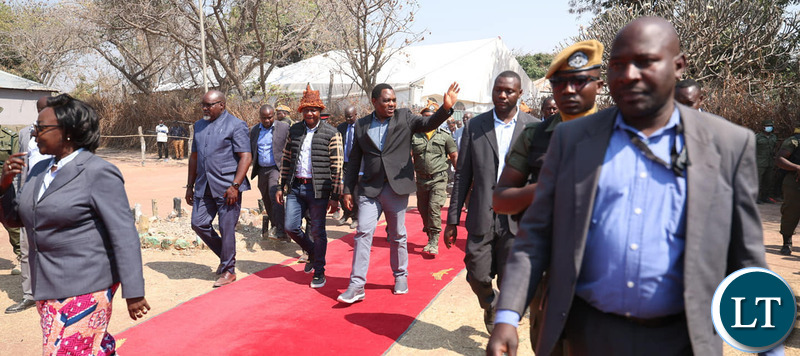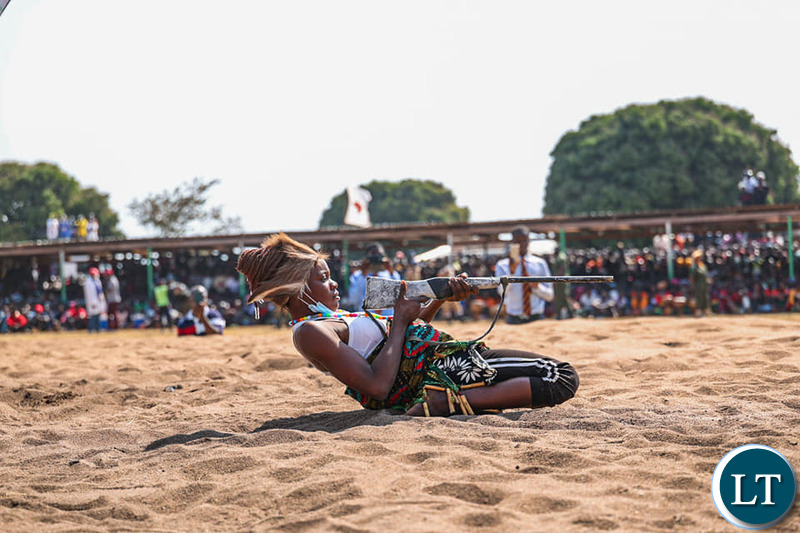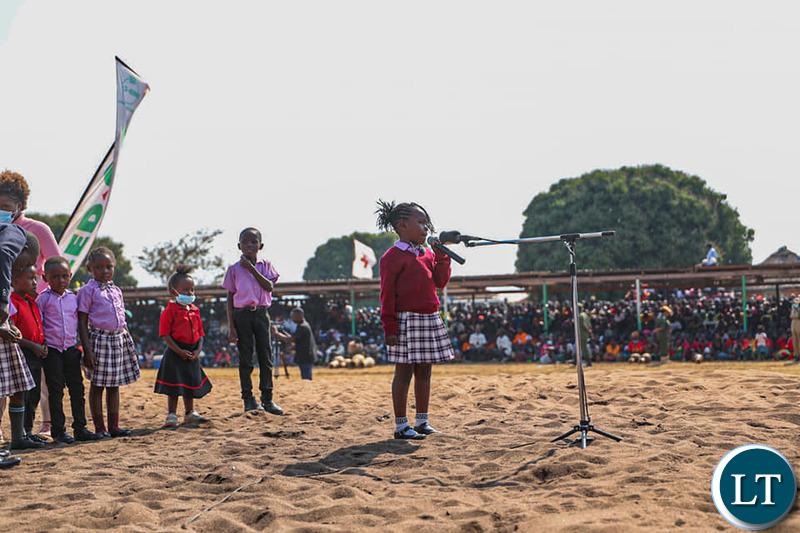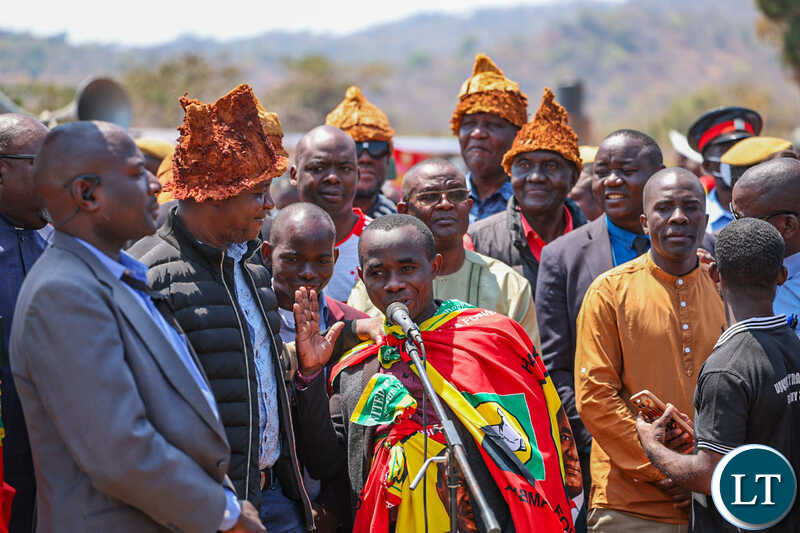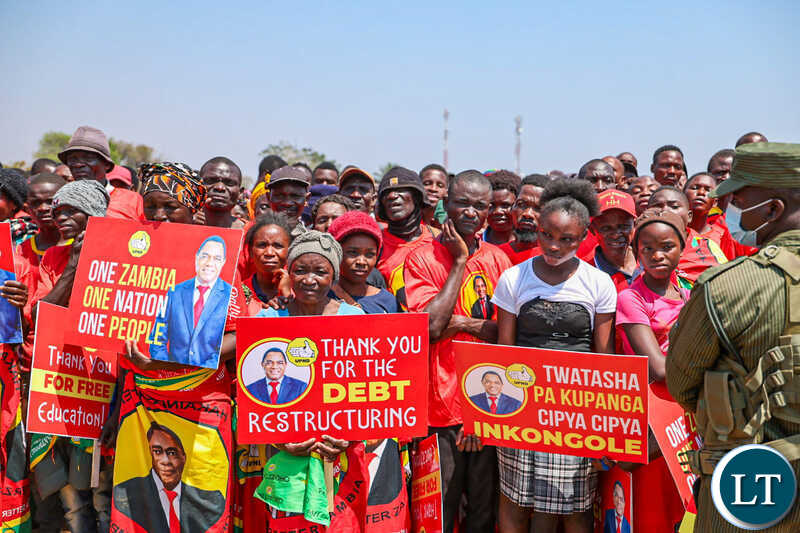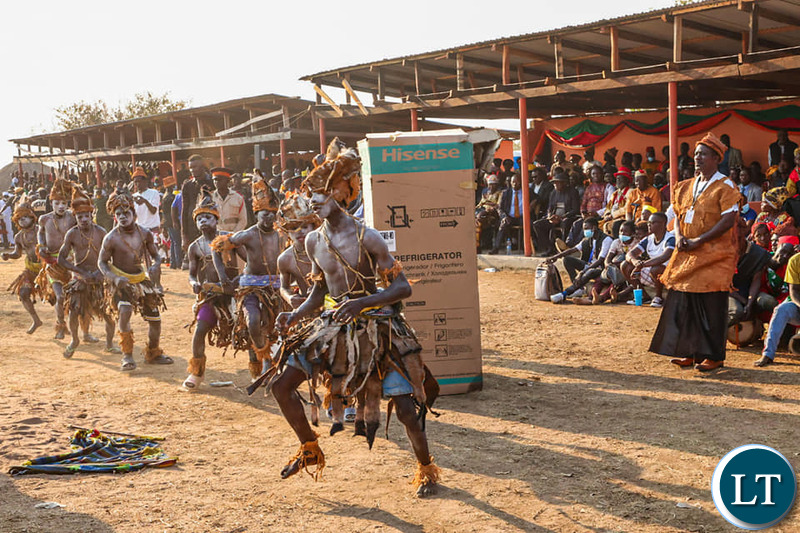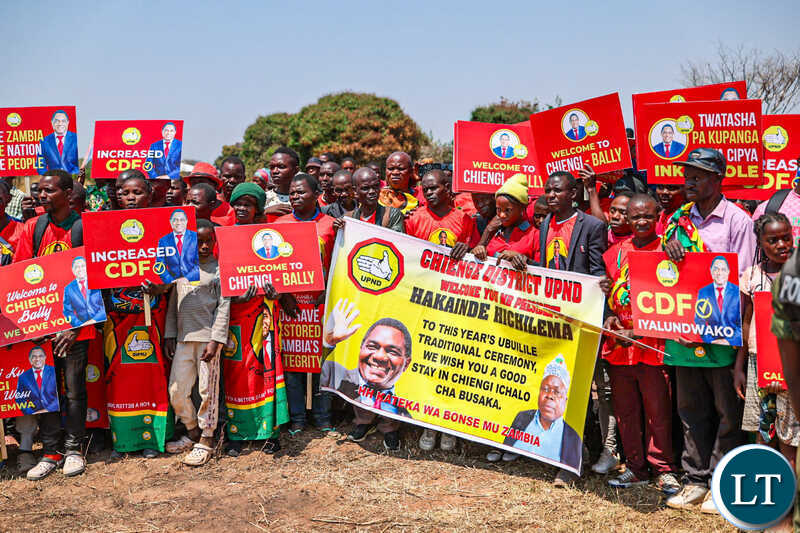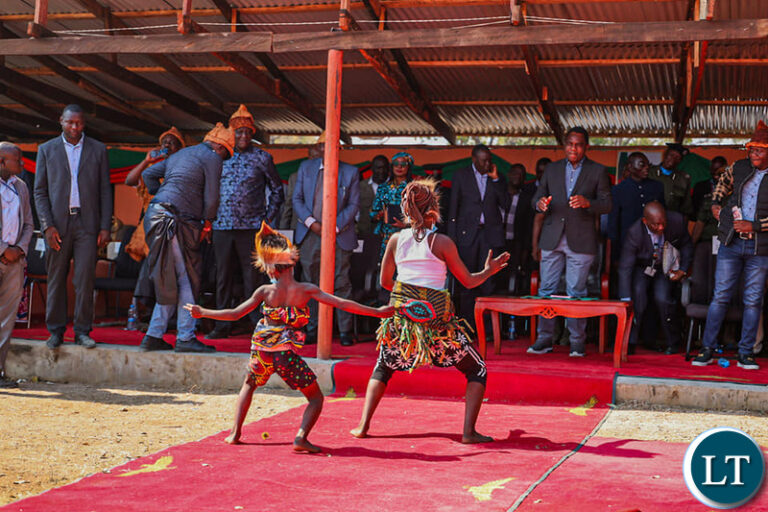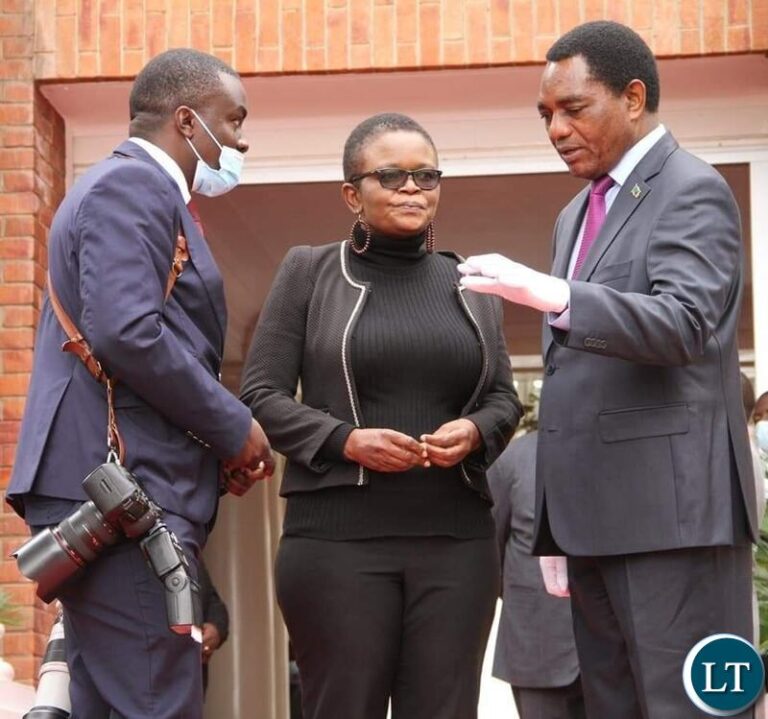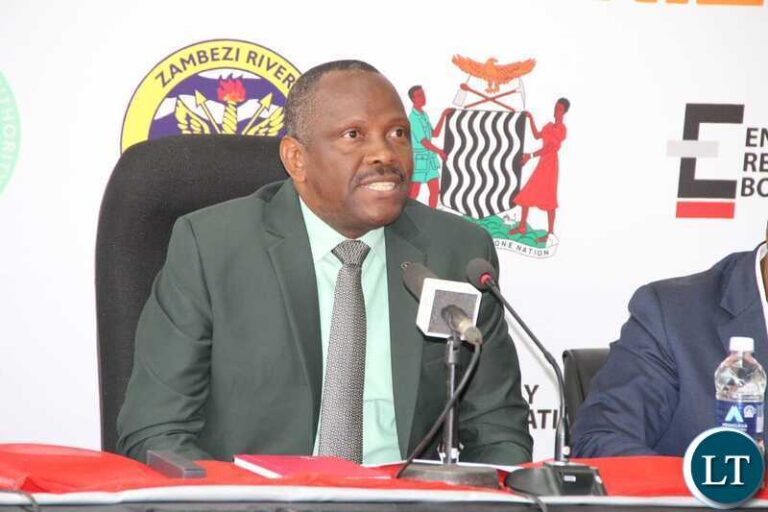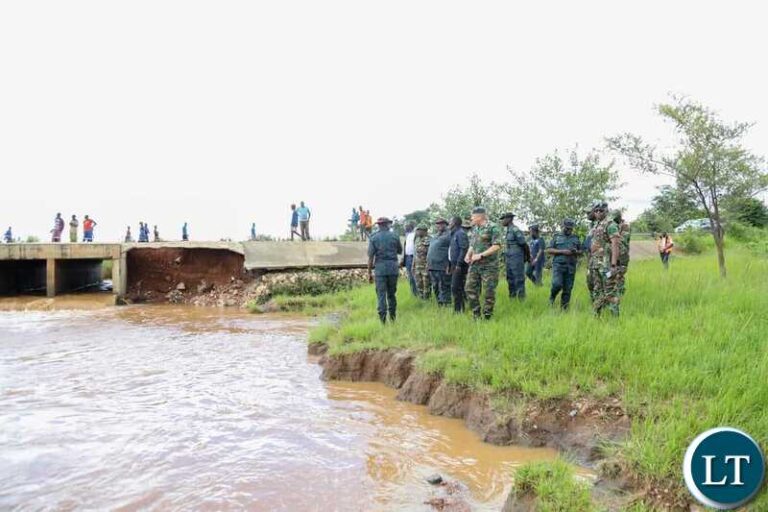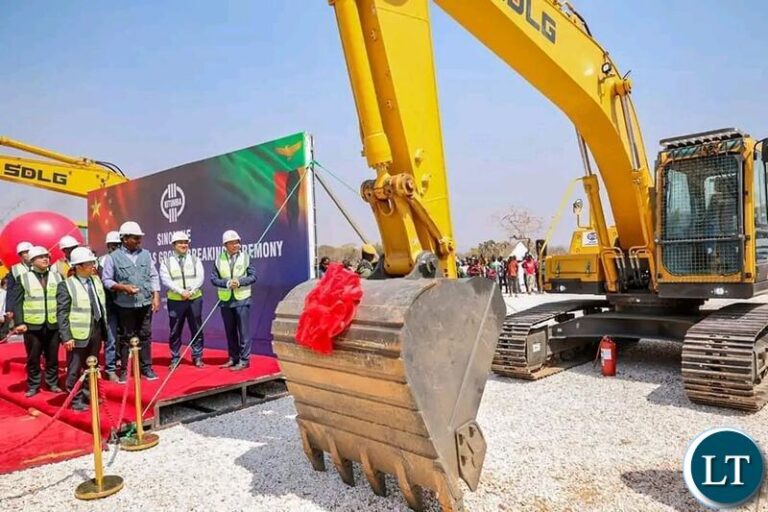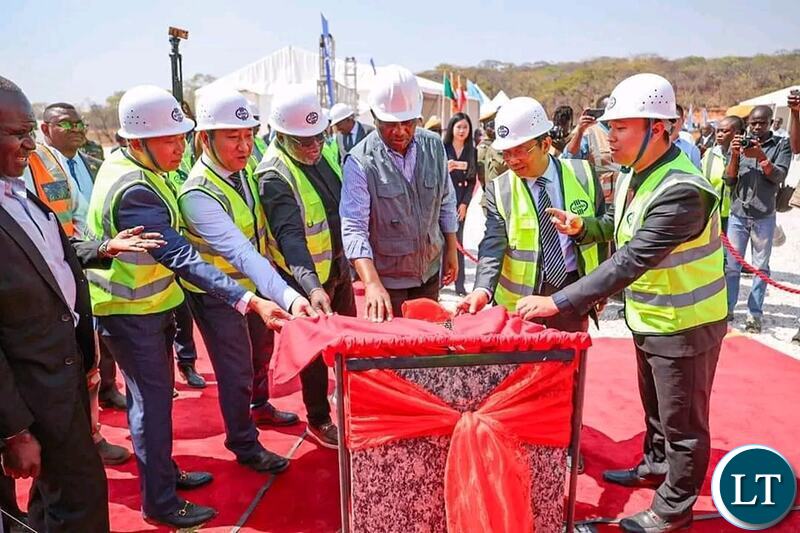Mussie Delelegn (PhD)
The key messages from this article are:
(a) African countries should learn from their failed past adjustment policies
(b) development policies including exchange rate regimes should be predicated on domestic fundamentals and should not be imposed from outside
(c) African countries should invest in fostering productive capacities, improving macroeconomic fundamentals and political governance before adopting free-floating exchange rate regimes
(d) structural challenges and persistent binding constraints to development in Africa cannot be fixed by short term measures such as exchange rate adjustments.
In the 1980s most African countries adopted Structural Adjustment Programmes (SAPs). The objective was to correct the “erroneous industrial, trade, and exchange rate policies” pursued by the countries in the 1970s and before. Liberalization, devaluation of domestic currencies, stabilization, and privatization have become the core mantra espoused by most African countries. These were undertaken through the prescription and sponsorship of the International Monetary Fund (IMF), the World Bank, and donor countries. However, Africa’s socioeconomic conditions worsened by the day due to weak productive capacities and a lack of structural economic transformation. These challenges were further compounded by an unfavorable international environment such as unsustainable debt, depressed prices for the continent’s exports of unprocessed commodities, and continued deterioration of the terms of trade (ToT). Consequently, Africa’s share in global trade and investment flows continued to precipitously decline from the already low levels, the continent’s dependence on external aid increased, the generalized poverty situation continued to pose unparalleled challenges, and its marginalization in the global economy continued unabated. In short, the SAPs failed to deliver promises of sustained economic growth, employment creation, poverty reduction, and development in the continent.
Interestingly, as with the African economies, most Asian countries were also prescribed SAPs. However, these did not deter their accelerated transformation, continued growth, and development of, particularly, East Asian economies. While country-specific situations and economic structures are different between and within countries of Africa and Asia, diverse factors led the Asian economies to success. These include selectivity of prescribed adjustment policies, prudence (tacit rejection of what was not feasible), pragmatism in policy choice, and forward-looking strategies in the implementation of development policies. In the process, the Asian economies fostered requisite productive capacities, expanded production and productivity, accelerated industrialization, and technological catch-up. They emerged as manufacturing-export-investment-led economies in the world with expanded employment, substantially reduced poverty situation, and significantly improved standards of living for their citizens.
Contrary to the Asian economies, competitive devaluation of domestic currencies pursued as part of SAPs in Africa failed to boost exports, curtail imports, and ensure macroeconomic stability as claimed by sponsoring institutions and financing developed economies. Instead, Africa’s imports continue to balloon against sluggish exports. This put the balance of trade in permanent and structural deficits, declining international reserves, mounting external indebtedness, galloping and hyperinflation, and worsening overall socioeconomic conditions. Inflation pressures have ceased to be economic problems alone but spiraled into political phenomena. If policymakers and politicians want to put an end to monetary inflation, they must foster economy-wide productive capacities, kickstart structural transformation and continuously improve production, productivity, macroeconomic stability, and political governance.
Lessons from earlier exchange rate adjustments in Africa
The classical cases of Ghana and Zimbabwe are worth highlighting. In Ghana, the Cedi was 3 to the US$ in the early 1980s. Following the IMF/World Bank-sponsored SAPs in 1983, the rate hit 30 Cedi for US$1 in 1984-1985. In subsequent years, Cedi continued to collapse, reaching an average of 10,000 to a dollar in 2006. Hyperinflation hit the economy, sending shockwaves to other macroeconomic fundamentals and forcing the Ghanaian government to redenominate the currency in 2007. This was done by eliminating four zeros and pegging Cedi to the US$ as per the IMF article 8(4). Since then, the Cedi stood at 15 to US$1, and it has been performing better than most currencies in sub-Saharan Africa. Consequently, Ghana’s export earnings reached US$ 20 billion in 2023, outstripping the country’s imports worth US$ 19 billion the same year. However, it took more than 40 years for Ghana to stabilize its external balance.
Likewise, the Zimbabwean dollar (ZWD) was one of the stable currencies in Africa in the 1980s. It went from 3.60 ZWD to US$1 in 1980 to 69 billion ZWD in 2007 at the official exchange rate. This, combined with unseen levels of hyperinflation rates in economic history, led to the partial dollarization of the economy in 2009. With the deepening crises and continuing collapse of the country’s currency, at the time of dollarization, quadrillion ZWDs were worth only US$5 in converting bank deposits into US$-denominated accounts. At this point, 100 billion ZWDs were needed to buy 3 eggs from the market. This year, Zimbabwe changed its currency once again and introduced a free-floating exchange rate regime backed by the price of gold. How far the new currency (ZiG) holds will be seen sooner rather than later. The lesson from the episodes of past exchange rate adjustment policies is that they failed to ensure macroeconomic stability but, instead, aggravated the vicious cycle of depreciation-inflation-macroeconomic instabilities.
New waves of free-floating and conditionality and what next?
The new waves of market-based and internationally imposed exchange rate adjustments (free-floating) raised questions about whether African countries are in the New Structural Adjustment Programmes (NSAPs). No doubt that dynamic, evidence-based, and results-oriented macroeconomic policies are key for developing countries including those in Africa. However, Africa’s past attempts to correct distortions in macroeconomic fundamentals through exchange rate adjustments dismally failed to achieve positive outcomes. This was due to “accidental” policy prescriptions, erroneous sequencing, lack of capabilities to effectively implement policies, and an unfavorable global environment. Increased policy conditionality to access concessional loans to finance development proved challenging for African countries.
It seems that African countries did not learn enough from the failed adjustment policies that they vigorously pursued in the past. There is convincing evidence that several countries are falling back into the complex and vicious traps of externally imposed policies. These combined with the continent’s sluggish external sector, mounting indebtedness, and systemic and persistent macroeconomic instability may push the countries into difficult socioeconomic conditions. Unfortunately, the new policy prescriptions are not limited to exchange rate adjustments. Instead, they include the removal of state subsidies, reducing and harmonizing tariffs and taxes on imported goods and services, tightening fiscal and monetary policies and privatization of State-Owned Enterprises (SOEs), and deepening institutional and regulatory reforms.
The following are a few examples to cite regarding newly introduced exchange rate adjustments:
· Since 2012, Malawi has been facing challenging socioeconomic conditions. In a bid to address socioeconomic and environmental vulnerabilities, Malawi has been negotiating terms and conditions for loans amid low levels of economy-wide productive capacities, mounting external debt, and systemic and structural challenges facing its economy, including inflation, unemployment, and generalized poverty situation. In 2012, the Government liberalized the foreign exchange regime, devalued the kwacha by 33 percent, and adopted a “de jure floating regime” in return for an “Extended Credit Facility” from the IMF. This was followed by a further devaluation of kwacha by 25 percent in 2022. However, Malawi’s socioeconomic conditions worsened further with stagnant growth, unsustainable debt, increased unemployment, continued increase in the consumer price index (CPI), and intensified poverty situation. The Malawi kwacha continued to depreciate from 60mwk in 2000 to US$ 1 to 1,730mkw in 2024.
- Nigeria is another country that has free-floated Naira in 2023. Naira fared well at 197 to US$1 for a few days. It quickly hit 500 and now, it is trading above 1,650 for a dollar. The combination of falling Naira, the removal of fuel subsidies, and astronomically rising consumer prices pushed the discontented Nigerians to the streets, protesting the austerity measures and policies of the government. Whether the civil strike continues and further worsens the already deleterious situations will be seen sooner rather than later.
- Ethiopia is a newcomer to have a free-floated foreign exchange regime (since 29 July 2024). It is still early to assess the impact of the policy change. However, judging by the depreciation-inflation trends, there are growing concerns about the wider implications of this bold decision. In a few weeks of free-floating, the Birr has already lost more than 60 percent of its value and, reportedly, prices of household consumer items and critically important supplies such as medicine have immediately begun to soar. There are growing concerns that the decision to free-float Birr may lead to adverse socioeconomic conditions. This is due largely to Ethiopia’s inflationary situation, weak productive capacities, high level of dependence on imports, depletion of the international reserves, external indebtedness, and challenging political instabilities facing the country.
- Other African countries that historically introduced “imperfect free-floating” include Egypt (since 2016), Gambia, Kenya, Uganda, South Africa, and Zambia. The move is imperfect because markets are not perfectly competitive, monetary policies are not autonomous, macroeconomic fundamentals are unstable, and institutions are weak in African economies.
- It is important to note that, unlike the above-mentioned countries, Algeria, Morocco (since 2018), Mauritius, and Tunisia continue to follow managed floating. Similarly, francophone countries that are members of the West African Economic and Monetary Union-WAEMU pegged the regional currency CFA to the French franc previously and now to the EURO.
Conclusions
The prevailing situations are not identical in such heterogeneous groups of countries. This notwithstanding, in theory, foreign exchange policies are supposed to control inflation, ensure much-needed macroeconomic stability, and arrest deteriorating terms of trade. However, such policies neither could tame inflation, nor stabilize fundamentals in African economies. Industrialization continued to be sluggish, terms of trade continued to decline precipitously, structural transformation remains elusive, and poverty reduction continues to pose daunting challenges in almost all sub-Saharan African countries except Mauritius and South Africa.
Therefore, six key messages follow from the above discussions:
- Free-floating should not be seen as a remedy for Africa’s structural development challenges;
- Learning from the experiences of successful Asian economies, free-floating may not work in isolation from monetary policy autonomy and the absence of clearly defined inflation-targeting. This means that it should be seen as a short-term intervention.
- Free-floating caused havoc in Ghana, Zimbabwe, and recently, Malawi and Nigeria. Thus, it did not work in Africa as it did in Asia because the latter group of countries moved to managed floating and gradually to free-floating, after accelerating their development processes.
- Currency policies must be crafted exclusively based on domestic macroeconomic fundamentals. What is clear from available experiences thus far is that the choice of a particular foreign exchange regime and the optimal exchange rate should be predicated on domestic socioeconomic fundamentals and political conditions. Economic policies, including exchange rate regimes, should not be dictated or prescribed from outside and must be consistent with the overall development objectives of nations.
- Decisions to use currency policy as part of macroeconomic policy and the case for the selection of a given exchange rate regime should be informed by research, technical knowledge, and a transparent flow of market information.
- There should be clarity on the causes and effects of exchange rate policy choices, the desired objectives, benefits, and costs as well as their links to other policy instruments to hedge eventual risks and uncertainties.
African countries should prioritize the fostering of economy-wide productive capacities, and they must negotiate long-term lending for such priorities. No nation has ever developed without investing in productive capacities and kick-starting the process of structural transformation. Unleashing the human, natural, and physical capital and developing a vibrant and dynamic private sector should be at the core of production transformation in African economies. Revitalization of agricultural production and productivity, fostering backward and forward intersectoral linkages, ensuring food security, and substituting imports must be pursued widely and vigorously. These should be supplemented by conducive political, monetary, and microeconomic environments.
In other words, the seriousness of complex development challenges facing African countries requires a new development model because cosmetic and business-as-usual approaches to development failed to deliver promises of transformation, and inclusive growth in the continent. The new development model must focus on tapping the comparative advantages of respective countries while relieving key binding constraints to economic diversification, value addition, and overall development. This cannot be done in an environment where the role of the private sector is marginal, the share of manufacturing value added in GDP is in precipitous decline, the quality of education is weak and not aligned with the needs of the economy, R&D facilities are underfunded, electricity outages are more frequent, and the potential of ICTs is yet to be fully harnessed due to weak ICT infrastructure such as the lack of secure internet servers and limited broadband internet connectivity.
Africa also needs to expand policy space and autonomous monetary policy more today than ever before. These should include building domestic capacities not only to formulate home-grown development policies but also to bolster capabilities to implement them through domestic resources. Dependence on Official Development Assistance (ODA), and borrowing will compromise the independence of monetary and fiscal policies. Learning from the Asian countries’ experiences, if a country pursues a fully flexible exchange rate policy, it should be able to pursue a fully autonomous monetary policy. This is key to limiting the extent to which domestic interest rates are affected by monetary developments abroad. Moreover, African countries need effective inflation-targeting policies that include the independence of the National Bank in monetary policymaking.
[1] This newspaper article is first published by The Reporter Magazine. It is prepared in full consideration of ST/AI/2000/13 section 2, and it is in the author’s personal capacity. Therefore, the opinions expressed in this article are the author’s own and do not reflect or represent the official views of UNCTAD or the United Nations.


![New waves of floating exchange rates: Is Africa in “New Structural Adjustment Programmes (NSAPs)[1]”? New waves of floating exchange rates: Is Africa in “New Structural Adjustment Programmes (NSAPs)[1]”?](https://www.lusakatimes.com/wp-content/uploads/2024/08/mussie-768x606.png)

